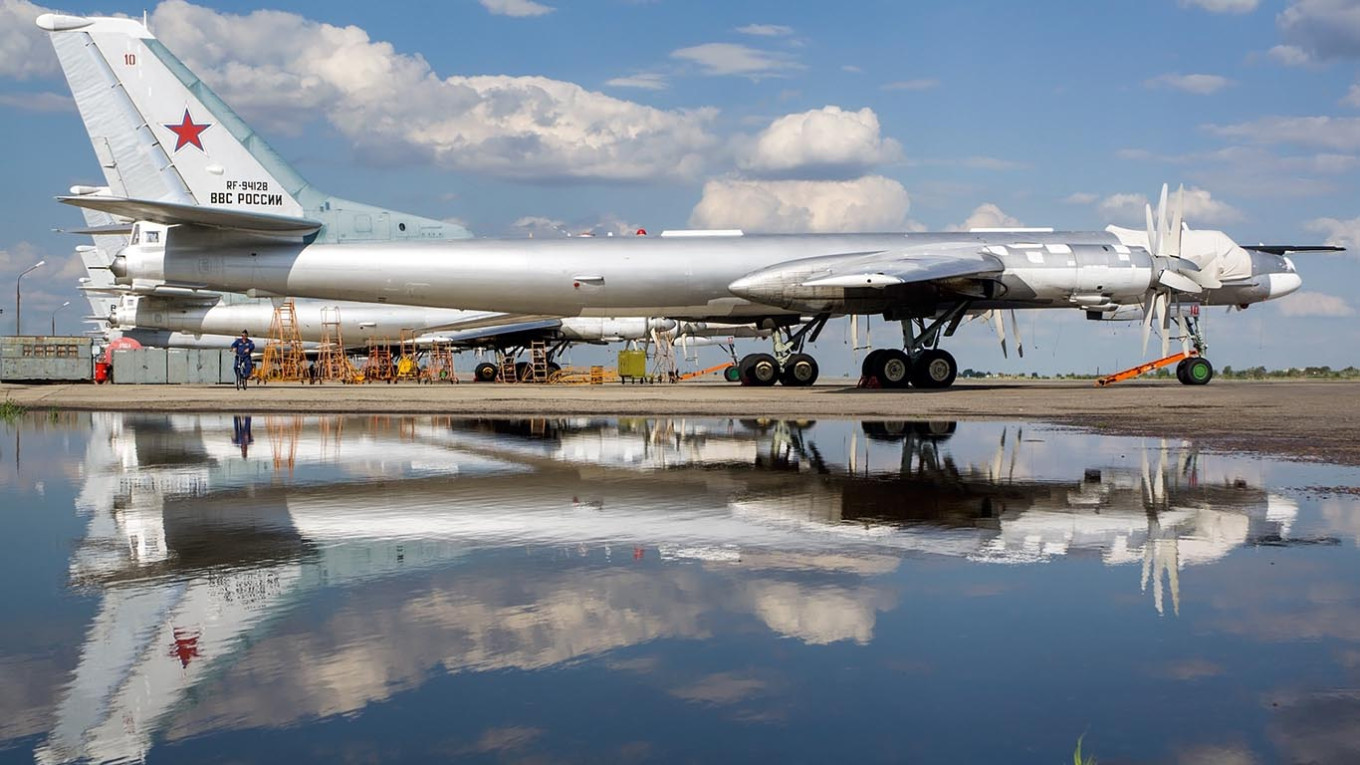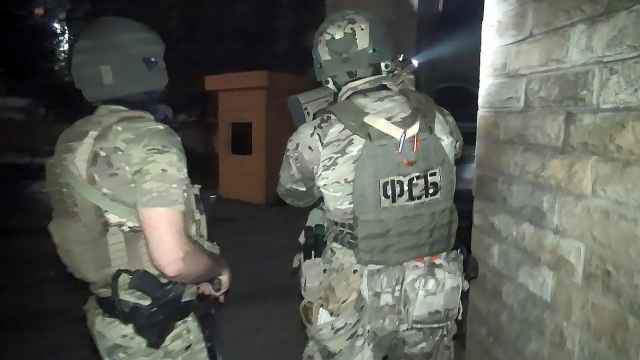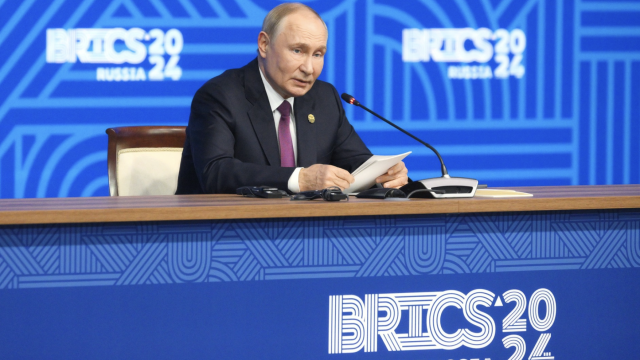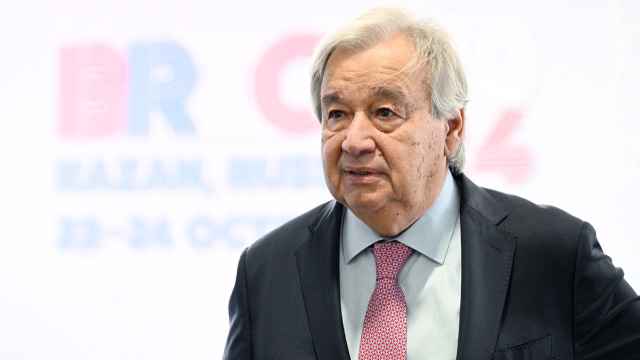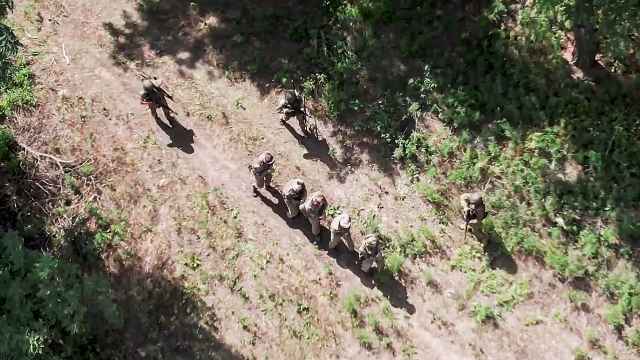Russia has started building fortified structures at key military airbases in an apparent effort to shield its aircraft from increasingly sophisticated Ukrainian drone attacks, according to satellite imagery analyzed by the U.S.-based Institute for the Study of War (ISW).
The imagery, dated July 7 and 9, reveals an increase in defensive construction at airfields including Khalino in Russia’s Kursk region and the Saki airbase in annexed Crimea.
At Khalino, analysts identified 10 reinforced bunkers covered with earth, 12 uncovered concrete bunker-type shelters and eight structures resembling aircraft hangars.
At Saki, satellite images captured two new concrete shelters and aircraft bunkers being built within days.
The constructions followed Ukraine’s covert drone campaign known as “Operation Spider’s Web.”
The June 1 operation involved using drones launched from civilian trucks deep inside Russian territory to strike high-value targets, including strategic bombers and surveillance aircraft.
The Ukrainian General Staff claims at least 12 aircraft were destroyed in the strikes, including several Tu-22M bombers and A-50 airborne early warning and control planes that are valued at $300 million each.
In response, Russia has relocated dozens of bombers to airbases farther from the Ukrainian border.
Satellite images reviewed by AviVector, a Ukraine-based satellite intelligence agency, indicate that all Tu-160 aircraft previously stationed at the Belaya airfield in the Irkutsk region and at Olenya in the Murmansk region were relocated in early June.
Justin Bronk, a senior research fellow at Britain’s Royal United Services Institute, said the imagery suggests that Moscow seeks to reduce the risk of future drone attacks.
A Message from The Moscow Times:
Dear readers,
We are facing unprecedented challenges. Russia's Prosecutor General's Office has designated The Moscow Times as an "undesirable" organization, criminalizing our work and putting our staff at risk of prosecution. This follows our earlier unjust labeling as a "foreign agent."
These actions are direct attempts to silence independent journalism in Russia. The authorities claim our work "discredits the decisions of the Russian leadership." We see things differently: we strive to provide accurate, unbiased reporting on Russia.
We, the journalists of The Moscow Times, refuse to be silenced. But to continue our work, we need your help.
Your support, no matter how small, makes a world of difference. If you can, please support us monthly starting from just $2. It's quick to set up, and every contribution makes a significant impact.
By supporting The Moscow Times, you're defending open, independent journalism in the face of repression. Thank you for standing with us.
Remind me later.


